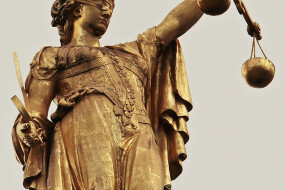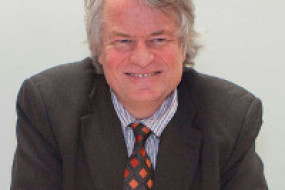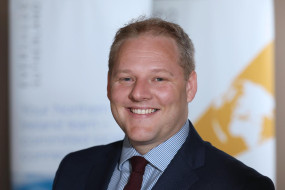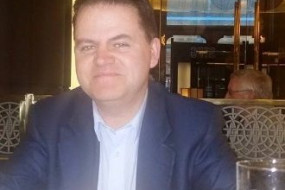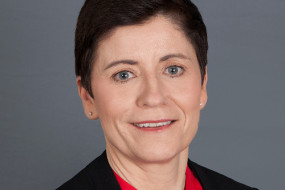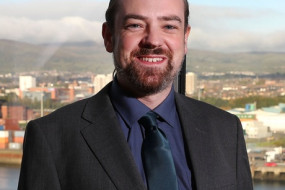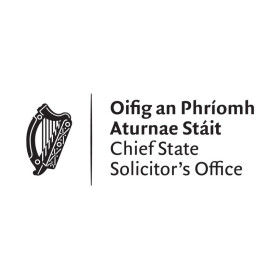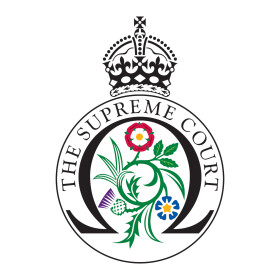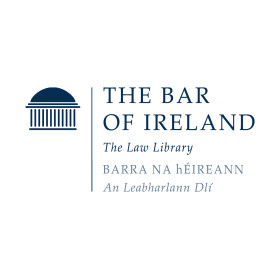Christopher Stanley, litigation consultant at KRW LAW LLP, comments on the UK government's proposals to restrict judicial review in England and Wales. Apparent judicial over-reach or the exercise of excessive judicial power is the present scourge of some in the current British government.
Opinion
Ronan Daly Jermyn partner Gillian Keating interrogates the real drivers of change in healthcare and explores what should be key priorities for the HSE and the government. The headlines across the globe tell a story of transformation, reform and renewal within the healthcare sector.
Benjamin Bestgen this week considers the moral obligations of companies. See his last jurisprudential primer here. Lawyers often keep their views on the moral qualities of their clients or clients’ actions to themselves. Morality, many think, is subjective, particularly as differentiating neat
Stuart Nevin writes about a recent Court of Appeal decision on restrictive covenants, and the validity of an objection to proposed land developments based on aesthetic grounds. A recent Court of Appeal decision (89 Holland Park (Management) Limited -v- Hicks [2020] EWCA Civ 758) held that it was pos
Scottish advocate Fergus Whyte, who formerly practised at the New Zealand bar, examines a recent High Court decision on the lawfulness of the country's COVID-19 lockdown measures, which saw the Bill of Rights Act 1688 invoked. On 19 August 2020, the New Zealand High Court issued its judgem
Matheson partners Julie Murphy-O’Connor, Tony O’Grady, Brendan Colgan, Grainne Dever and Mairéad Ní Ghabháin explore recent changes to the law on hearsay evidence. The Civil Law and Criminal Law (Miscellaneous Provisions) Act 2020 was recently passed by the Dá
Les Allamby, chief commissioner for the Northern Ireland Human Rights Commission, considers how Northern Ireland is dealing with the COVID-19 pandemic. How does a national human rights institution (NHRI) respond effectively to the COVID-19 pandemic when human rights and freedoms are curtailed?
Margaret Cordial, litigation solicitor at Smithwick Solicitors, examines recent significant reforms to the Irish legal system. The government has signed commencement orders for the Civil Law and Criminal Law (Miscellaneous Provisions) Act 2020, which introduces significant reforms to respond to the
Benjamin Bestgen discusses the rights of animals in his latest jurisprudential primer. See last week's here. Britain is said to be a nation of pet lovers, with an estimated 50 per cent of British adults having a pet – dogs, cats and rabbits being the most popular. But Britain is also a nation
Gareth Planck, partner at Eversheds Sutherland, looks at how lockdown has changed offices and working routines. The global pandemic has reshaped how we go about much of our lives. It has of course, also reshaped how many of us work on a day-to-day basis. Kitchen tables and spare bedrooms have become
Professor Steve Peers of the University of Essex discusses the 'Dublin system' for asylum applications between EU states and the legal issues of the Channel crossings. One key feature of the debate on Channel crossings is the impact of the EU’s ‘Dublin system’, allocating responsib
Retired Dublin solicitor John M. O'Connor, former managing partner of O'Connor Solicitors, has passed away. Mr O'Connor qualified as a solicitor in the early 1950s and became a partner in the firm of J G O'Connor & Co Solicitors, a practice commenced by his late father. He later served for almos
Jacci Fox, head of the debt and asset recovery unit at HOMS Solicitors, examines what is required for a debtor to succeed in dismissal of bankruptcy summons. We recently acted in a rather protracted bankruptcy case on behalf of the Collector General of the Revenue Commissioners. The debtor in this c
Dr Thomas Muinzer of Aberdeen Law School in Scotland comments on the Supreme Court's recent squashing of the government's climate change plan. I have talked multiple times in print and in lectures of Ireland’s need to live up to the distinguished legacy of John Tyndall (1820–1893),
Deborah Kelly and Jack Lehane from the corporate team at Eugene F Collins look at virtual AGMs and the impact of COVID-19 on company constitutions. COVID-19 continues to impact on how businesses are staying connected. This is particularly relevant for the requirement to hold virtual annual general m










